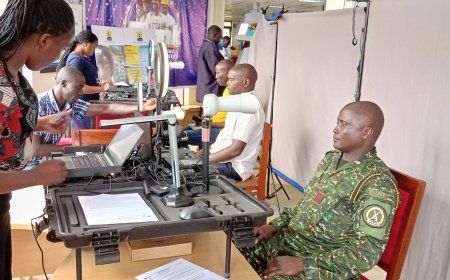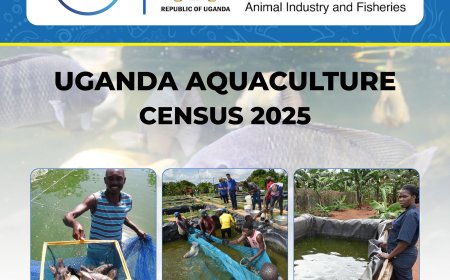Uganda National Household Survey 2023/2024: A Data-Driven Roadmap to Inclusive Development
The year-long survey, conducted from March 2023 to February 2024, provides timely, nationally representative data vital for policy formulation, planning, and tracking development progress at all levels.
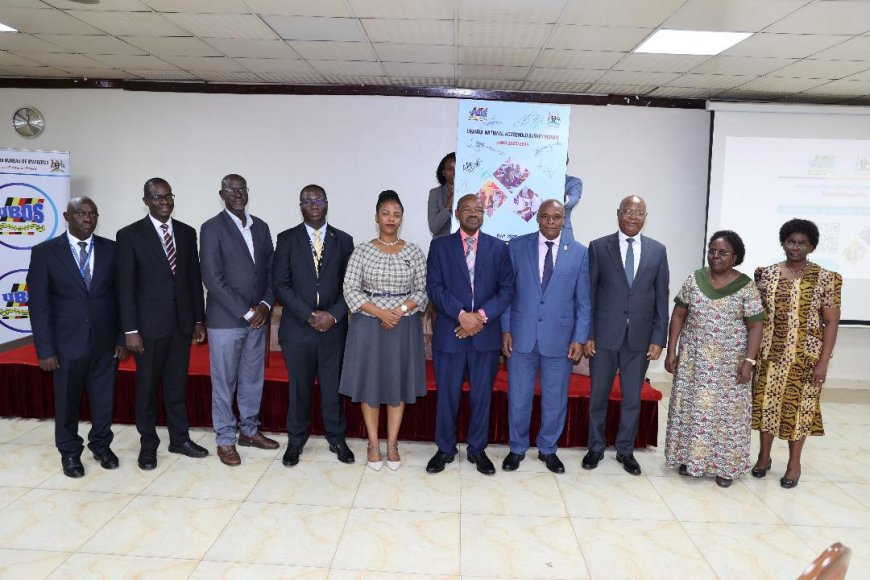
On May 15, 2025, at Hotel Africana, the Government of Uganda, through the Uganda Bureau of Statistics (UBOS), officially disseminated the findings of the Uganda National Household Survey (UNHS) 2023/2024. The report marks a critical milestone in the country's journey toward evidence-based planning and inclusive socio-economic development.
The year-long survey, conducted from March 2023 to February 2024, provides timely, nationally representative data vital for policy formulation, planning, and tracking development progress at all levels. This is the eighth UNHS since its inception in 1999/2000, reinforcing government commitment to consistent and data-driven development strategies.
Key Poverty Findings
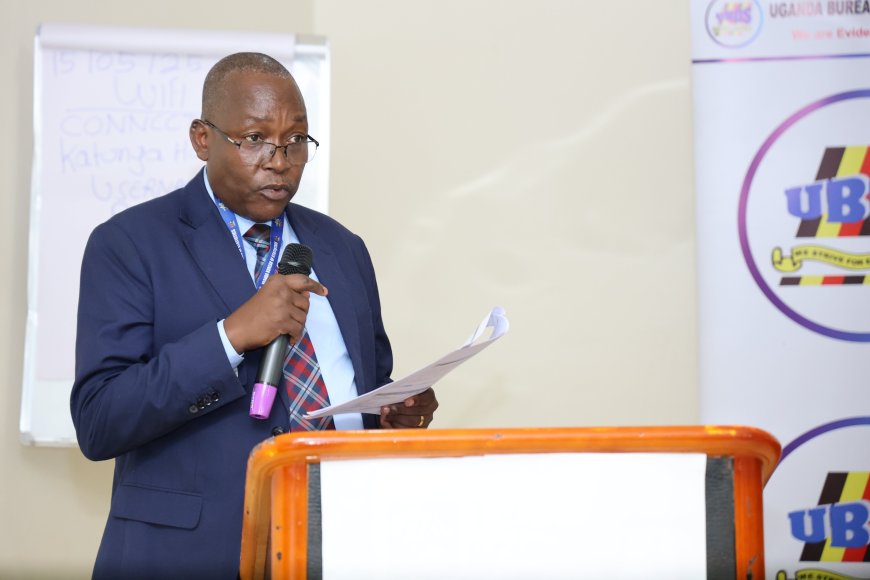
Mr. Stephen Baryahirwa, highlighted some of the survey’s most pressing findings:
Rural food expenditure surpasses urban levels, indicating vulnerabilities in subsistence systems and rising living costs in rural areas.
7 million Ugandans remain below the absolute poverty line, requiring urgent multi-sectoral interventions.
Karamoja region records the highest poverty rate at 74%, contributing 13.4% to the national poverty burden.
Despite these challenges, Uganda has recorded significant progress. The national poverty rate has declined from 20.3% in 2019/20 to 16.1% in 2023/24, signaling effective interventions such as commercial agriculture, education, and inclusive economic models like the Parish Development Model (PDM).
A Foundation for Planning and Transformation
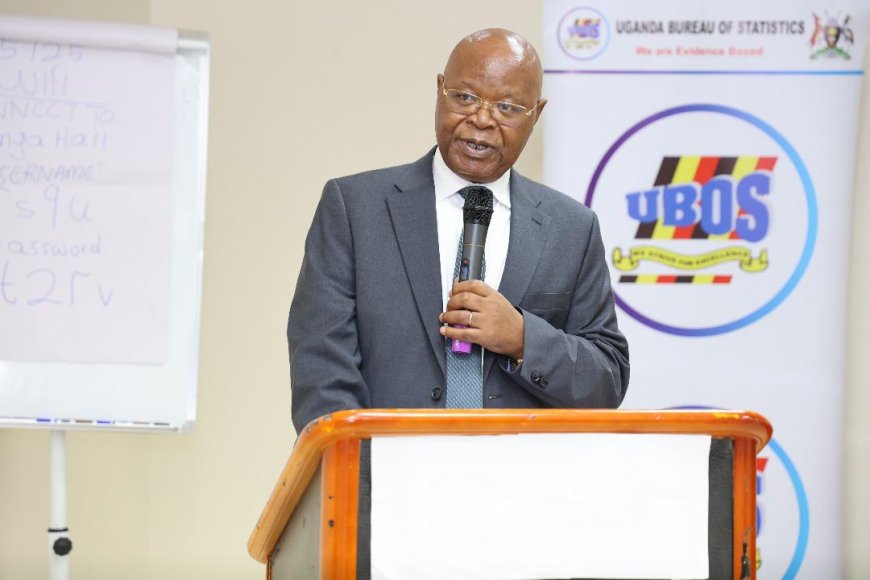
UBOS Executive Director, Dr. Chris Mukiza, emphasized the strategic importance of the report:
“The UNHS 2023/24 is not only timely but also necessary in facilitating government planning and policy formulation… Data must remain at the heart of Uganda’s development.”
He added that the survey would drive informed debates and support the achievement of both national and international development goals, including Vision 2040, the Sustainable Development Goals (SDGs), and Agenda 2063.
UBOS Board Chairman, Dr. Albert Byamugisha,
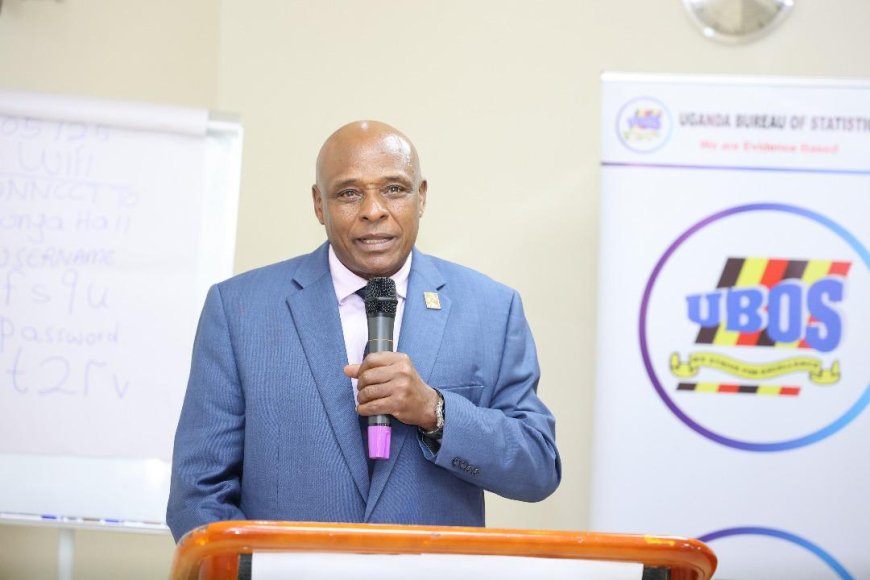
reaffirmed the Bureau’s statutory role in providing quality official statistics in accordance with the Uganda Bureau of Statistics Act.
Guiding National Development Planning (NDP-IV)
Hon. Amos Lugoloobi, Minister of State for Finance, Planning and Economic Development (Planning), underlined the report's relevance to the forthcoming National Development Plan IV (NDP-IV):
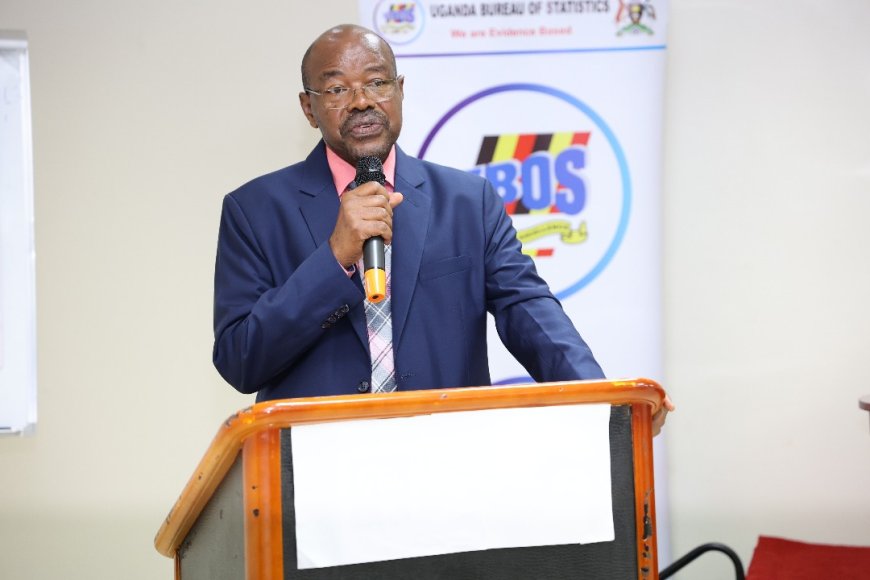
“Evidence-based planning is no longer optional; it is the backbone of governance… Let this data guide our actions, strengthen our partnerships, and energize our commitment to equitable, inclusive growth.”
According to Hon. Lugoloobi, the UNHS report has enabled Uganda to mainstream SDG targets into local development frameworks, making sure that government investments align with the needs of wanainchi. He called upon Ugandans to look beyond subsistence and venture into value addition and commercialization, particularly in agriculture.
He stressed that the findings are pivotal in accelerating efforts toward Vision 2040, which aims to transition Ugandans from peasant livelihoods into a vibrant money economy.
Survey Methodology and Inclusivity
Ms. Sharon Apio,
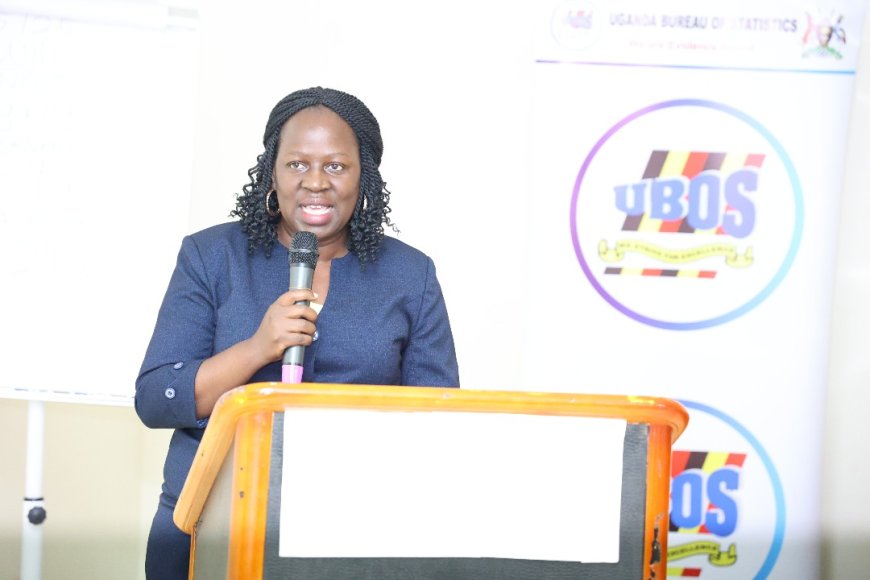
Head of Demography and Social Statistics at UBOS, presented the survey findings and methodology. The UNHS 2023/24 was conducted across 17,350 households in 1,735 Enumeration Areas (EAs), using a sampling framework based on the 2014 National Population and Housing Census.
Key features of the methodology include:
Comprehensive district-level disaggregation, enabling tailored interventions.
Inclusion of 14 sub-regions and 3 special strata for refugee and host communities in Northern Uganda, Western Uganda, and Kampala.
Use of Computer-Assisted Personal Interviews (CAPI), achieving a high 92% response rate. Demand-driven design, with active participation from government entities, academia, civil society, and development partners.
This rigorous approach ensured statistical quality, inclusivity, and national credibility. It also reflects UBOS's continued efforts to promote transparency and stakeholder engagement in Uganda's data ecosystem.
Beyond Numbers: Real Impact
While the report is rich in statistics, Hon. Lugoloobi stressed that development must go beyond data:
“Development is not about data alone. It’s about a mother accessing healthcare, a youth getting a job, a child finishing school, a farmer earning from the land.”
The UNHS 2023/2024 is thus not just a statistical exercise—it is a mirror reflecting Uganda’s socio-economic realities, a diagnostic tool identifying gaps, and a compass pointing toward inclusive growth.
The report will serve as a vital instrument in assessing Uganda’s trajectory under NDP-IV and international frameworks such as the SDGs. It empowers policymakers with district-specific data for targeted decision-making and reinforces Uganda’s position as a regional leader in statistical excellence.
As the Government of Uganda continues to invest in high-quality data production, the commitment remains clear: No one should be left behind.
For more information and access to the full UNHS 2023/2024 report, visit the Uganda Bureau of Statistics (UBOS) website: www.ubos.org


























































































